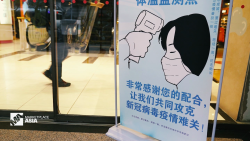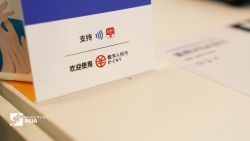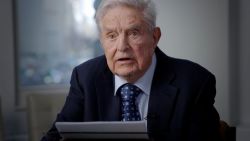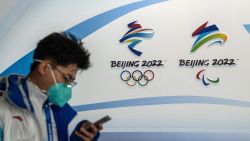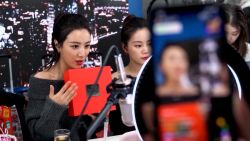Meng Wanzhou, the CFO of Chinese tech giant Huawei, has kept a low profile for much of her career. Now she’s at the center of a geopolitical drama between the world’s two largest economies.
The 46-year-old executive was arrested December 1 in Canada, and faces extradition to the United States. After news of her arrest broke late December 5, Meng’s face was splashed across the internet.
Meng is the daughter of Huawei’s billionaire founder, Ren Zhangfei, and her case threatens to ramp up tensions between Washington and Beijing.
“The fact that this is Ren’s daughter and a very senior official in the company sends a very strong message to China: no one is above US law and we will reach out anywhere in the world and arrest you if you break the law,” said Paul Triolo, the head of global tech policy at risk consultancy Eurasia Group.
Tipped for the top?
Despite her position as a senior executive at Huawei, China’s largest smartphone and telecommunications equipment maker, little is known about Meng and her rise through the ranks at the company. It’s not traded on a stock exchange, and its executives are notoriously media shy.
Aside from a brief stint at state-run China Construction Bank after graduating from college in 1992, Meng has spent her entire career at her father’s company.
Her brother, who is known as both Meng Ping and Ren Ping, works at a Huawei subsidiary. The siblings’ roles at the company have fueled speculation that they are being groomed to take over from their father.
In March, Huawei shook up its top ranks, making the founder’s daughter one of four vice chairs of the board. The promotion supported the idea she could one day lead the company.
But Huawei’s founder has repeatedly denied the existenceof a succession plan built around his children.
Asked about it in 2010, Ren told Chinese business news siteCaixin: “This plan doesn’t exist. It’s too ridiculous to respond to.” In a letter to employees in 2013, he reportedly said his children lacked the vision, character and ambition to lead Huawei.
According to its most recent annual report, Huawei is a private company with Ren holding 1.4% of its shares, and the rest owned by more than 80,000 company employees. Ren, 74, is worth $3.4 billion, according to Forbes.
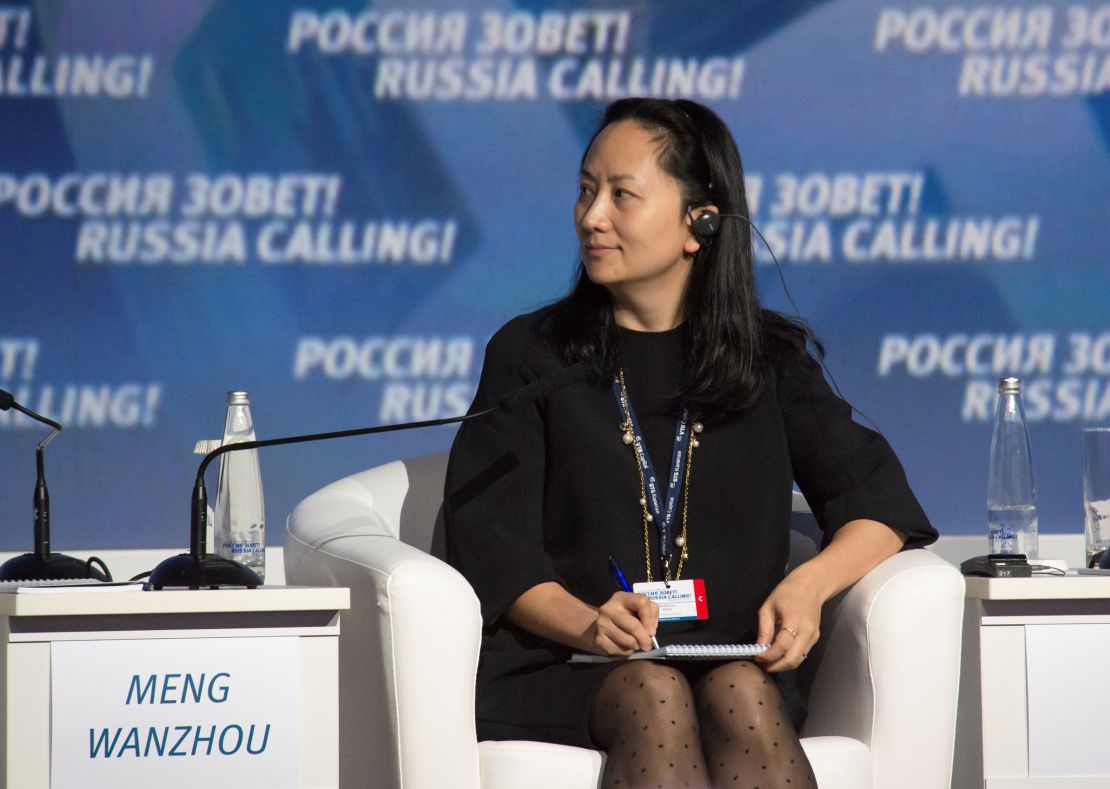
From answering phones to finance chief
Until recently Meng, like her father, rarely spoke to the media.
But in 2013, she gave an interview to 21st Century Business Herald, a Chinese newspaper. She said she was married with two young children and noted that her husband does not work in the telecommunications industry.
Meng also answered questions regarding her last name, saying she changed it when she was 16, taking her mother’s surname.
She started working at Huawei in 1993, a year after graduating from college. Her first job, she said, was answering phones.
Meng went back to university in 1997, graduating with a master’s degree in accounting. When she returned to Huawei the following year, she joined the finance department and that, she said, was when her career took off.
Meng held positionsat director and executive level in the accounting and finance departments before becoming CFO.
She spent the 2000s revamping Huawei’s organizational structure and financial systems as the company expanded its business around the world.
Presiding over Huawei’s riches
It is unclear exactly when Meng was promoted to the C-Suite.
Founded in 1987, Huawei only began publishing the names and biographies of the people who run the company in 2011, according to Reuters. The inaugural list already identified Meng as CFO.
Over the past seven years, she has presided over a period of extraordinary financial success at Huawei. The company more than quadrupled its net profit between 2011 and 2017, when it reported 47.5 billion yuan ($6.9 billion).
It now sells more smartphones than Apple (AAPL) and is the world’s biggest maker of telecommunications equipmentahead of Sweden’s Ericsson(ERIC).
The company’s global rise has brought it increasing scrutiny from the US government over the same period. And Meng has now become its focal point.
Serenitie Wang contributed to this story.






